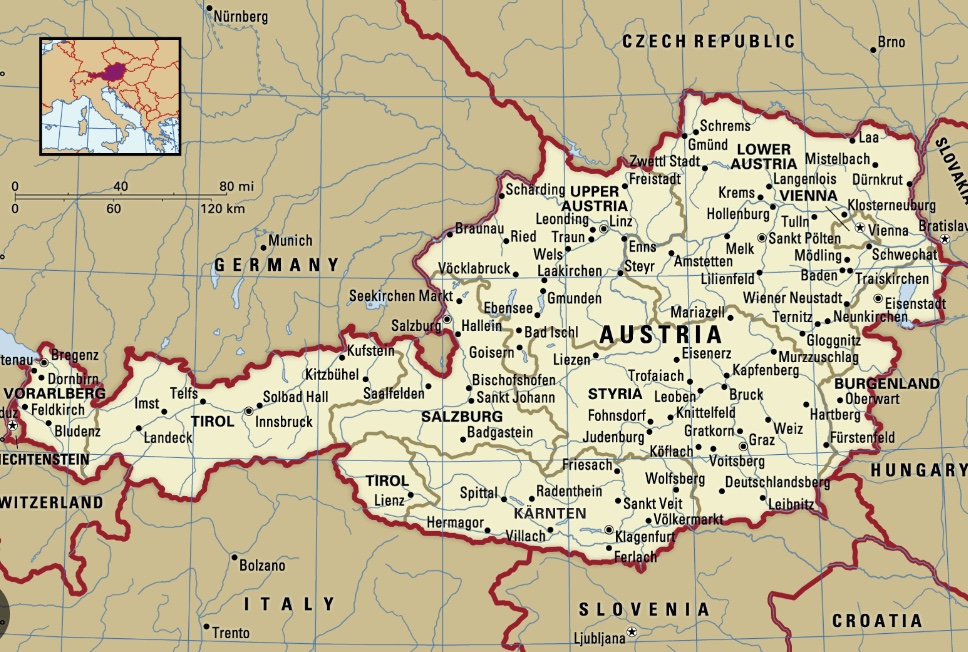Could you begin by sharing your immigration journey to the United States?
I was a young girl, only 8, when I left Vienna, Austria, and came to the United States. What prompted me to come here was to see the World Fair in New York. I came over with my aunt and the goal, at least when I signed up for this adventure, was to come to this country for two months and live at my aunt’s house. However, World War II broke out and I wound up not being able to get back to my native Austria and stuck in the United States. I only spoke German, so I tried to learn English as quickly as I could. Later when I was older, I was able to get a job in Union City as a hairdresser.
Did you face any challenges due to discrimination as an immigrant?
Yes, anyone with a German accent was viewed with suspicion. It was very hard for me to assimilate because I felt discriminated against since people saw the Germans as the enemy. While I was Austrian, I had a German accent, so I had to keep explaining to people that I wasn’t German, I was Austrian, and that I wasn’t in favor of Hitler.
What was the most important thing to you that you had to leave behind in your home country?
Because I was an only child, it was my relationship with my mother. I had no siblings and I didn’t know my father, so I became very close to my mother. In the United States, it was very hard to send letters over because of the war. I also didn’t receive the letters that my mother wrote me for many many months. They got held up, as there wasn’t a reliable communication system like today. There were no phone calls, no cell phones. They observed everyone’s mail to ensure that no one was giving away information. It was heartbreaking that I couldn’t communicate with my mother and that I was stuck in a different country without her. My mother died during the war before I could ever see her again afterward.
What would you say was an important part of keeping your culture alive after immigrating to the United States?
Vienna is known for pastries. There’s a cafe on every corner. I’ve always had a passion for baking, it is part of my culture. So in the United States, I made many Austrian pastries. When I eventually got married I found ways to make the dishes that I loved growing up. I also wanted to keep my language alive in the family by having my children speak German.
What was your childhood like in Austria?
My mother was a single mom. She put me into a boarding school while she worked. I saw her only in the summer, besides weekends, since she was a teacher. I didn’t have any siblings so I was very attached to my mother but at the same time I respected the fact that she couldn’t really give me as much attention as I wanted because she was a working single mom.
The featured picture is from https://www.britannica.com/place/Austria


Recent Comments